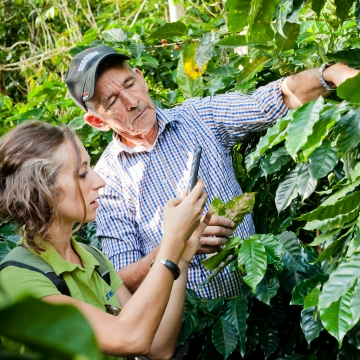Martin Persson to present book chapter of research by EfD at a conference and a workshop in Portland, USA
The conference is organized by Ecosystem Service Partnership and the workshop by CGIAR, ICRAF and CIFOR. Martin Persson EfD Research Associate has been invited to give a presentation in one of the…
